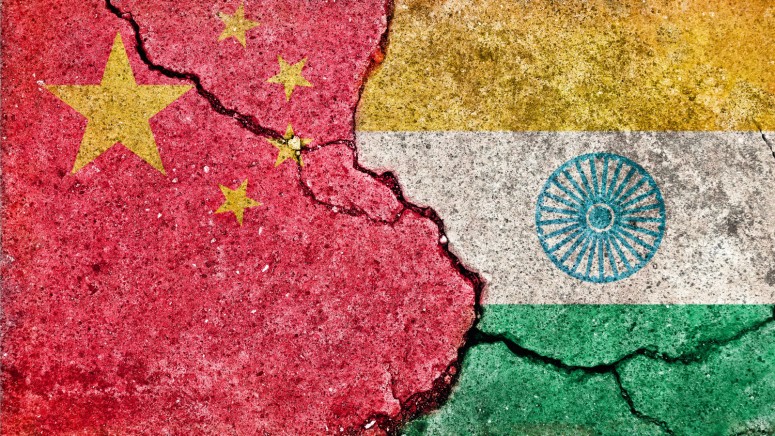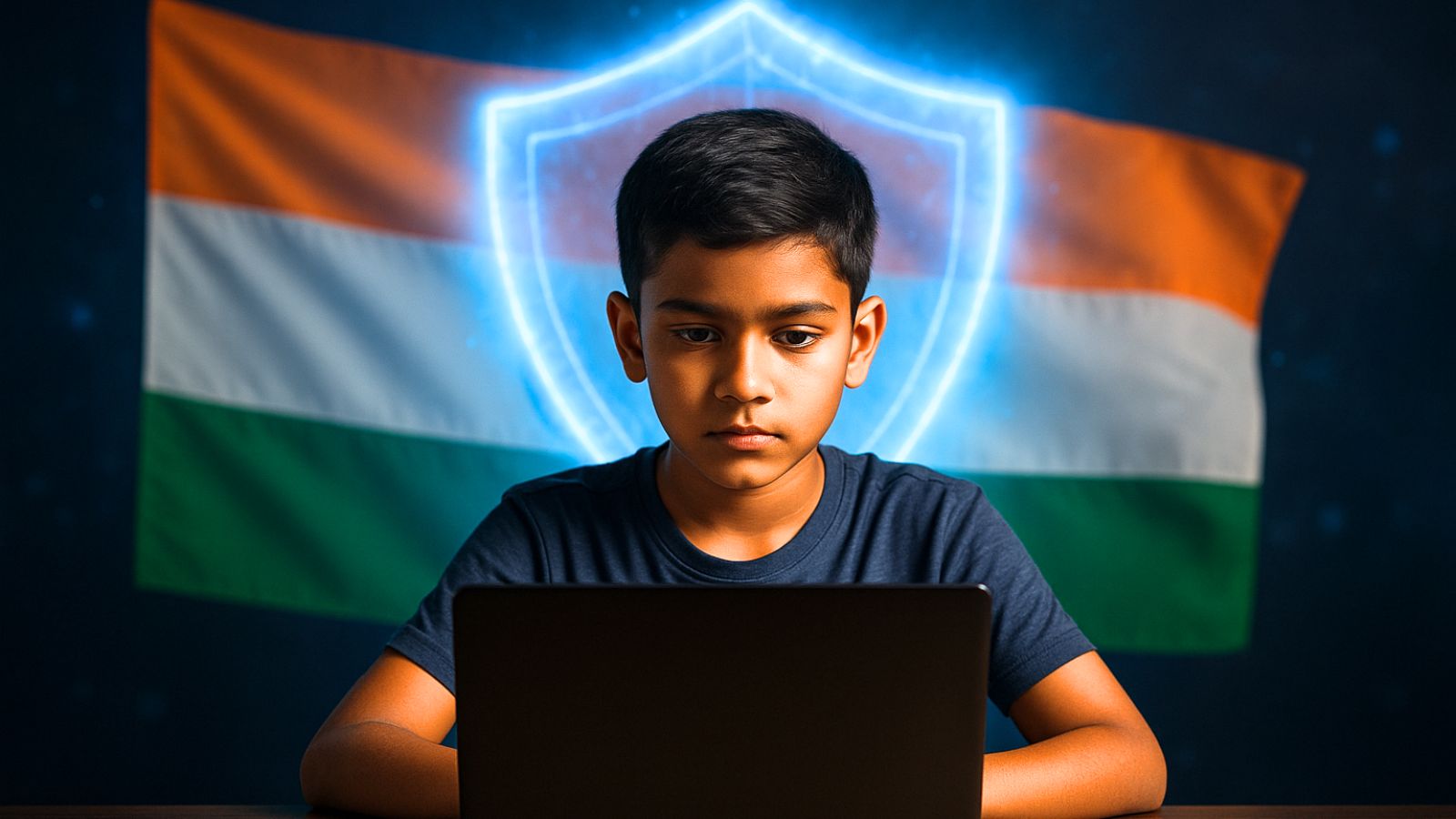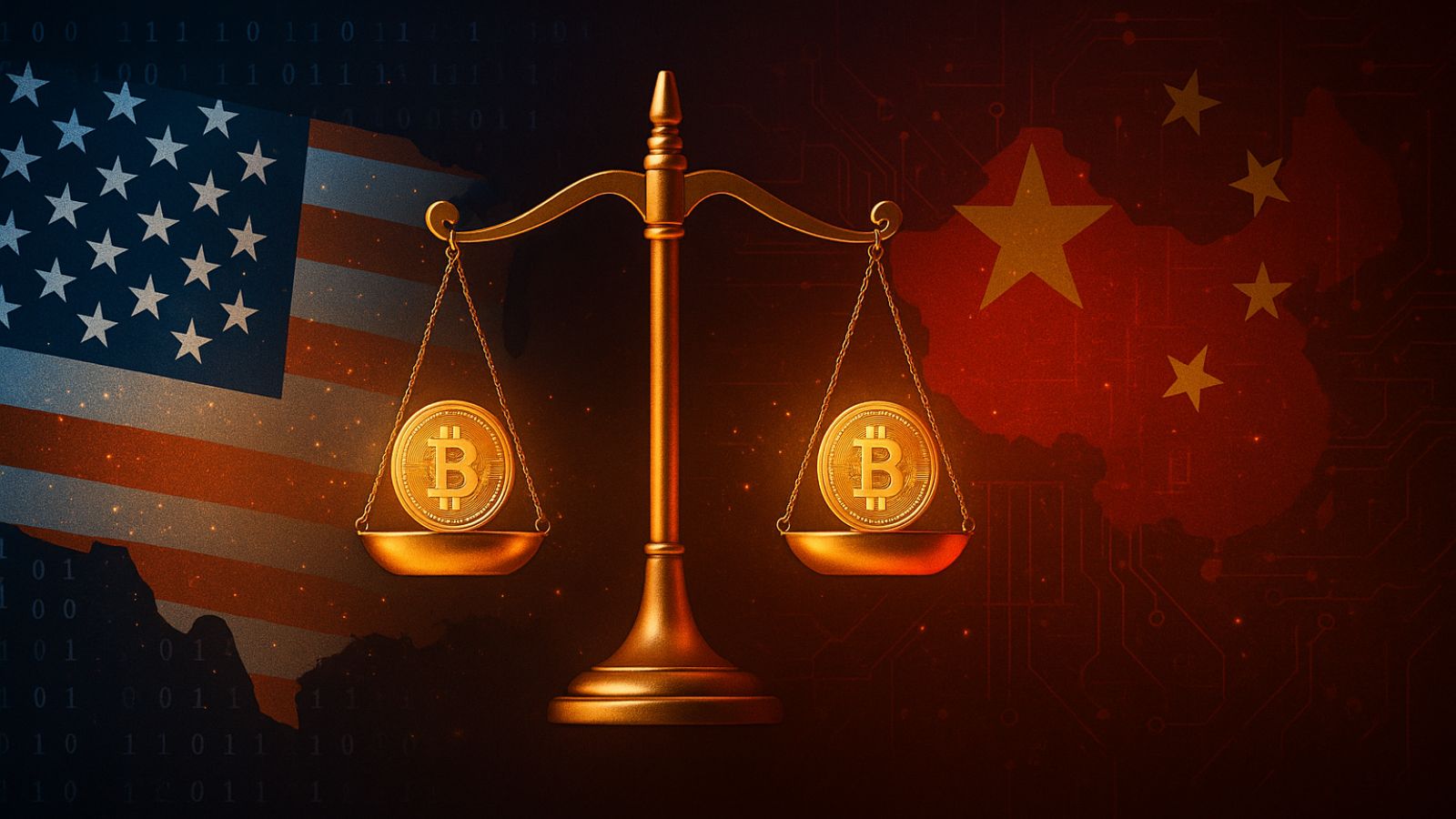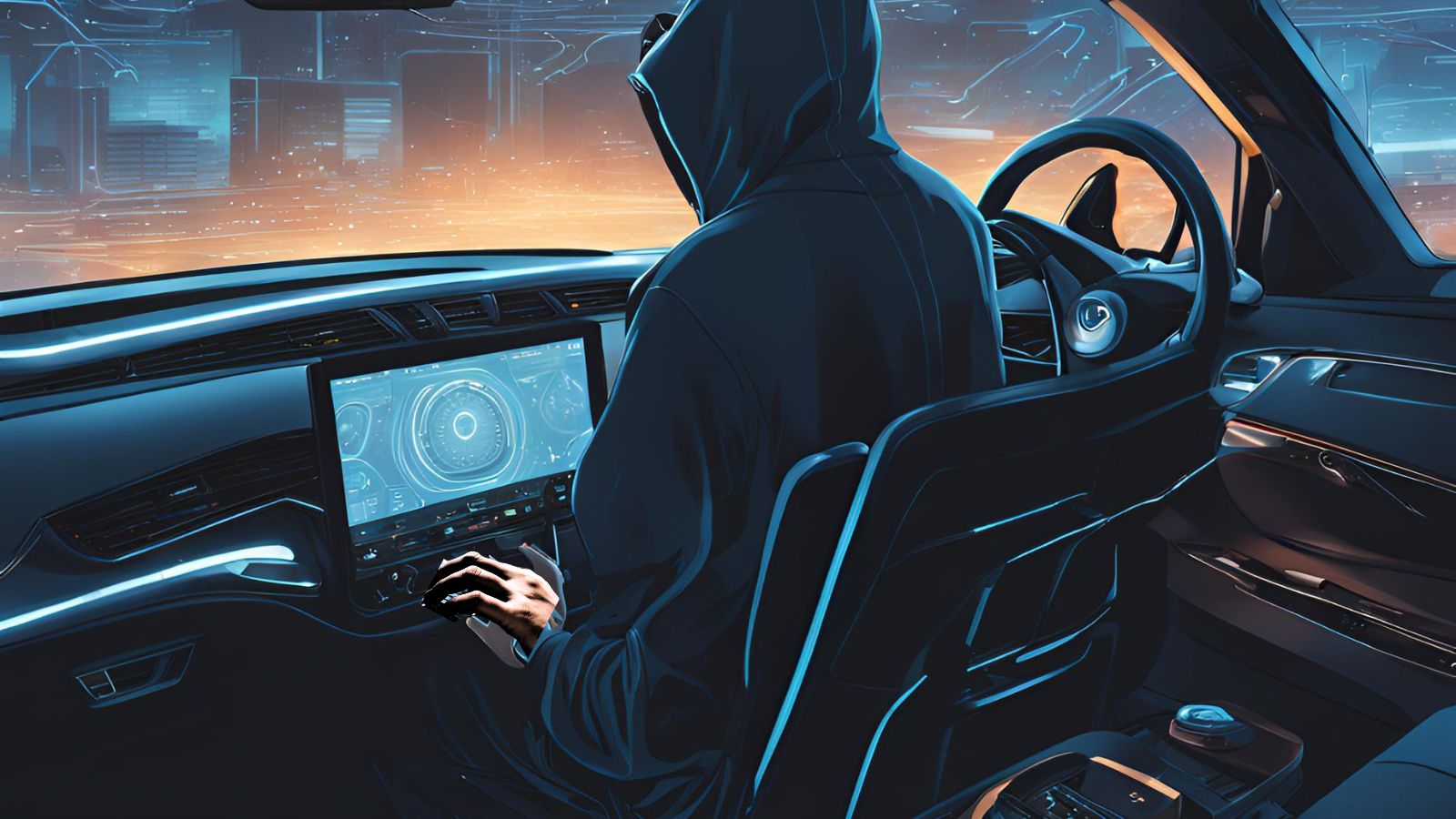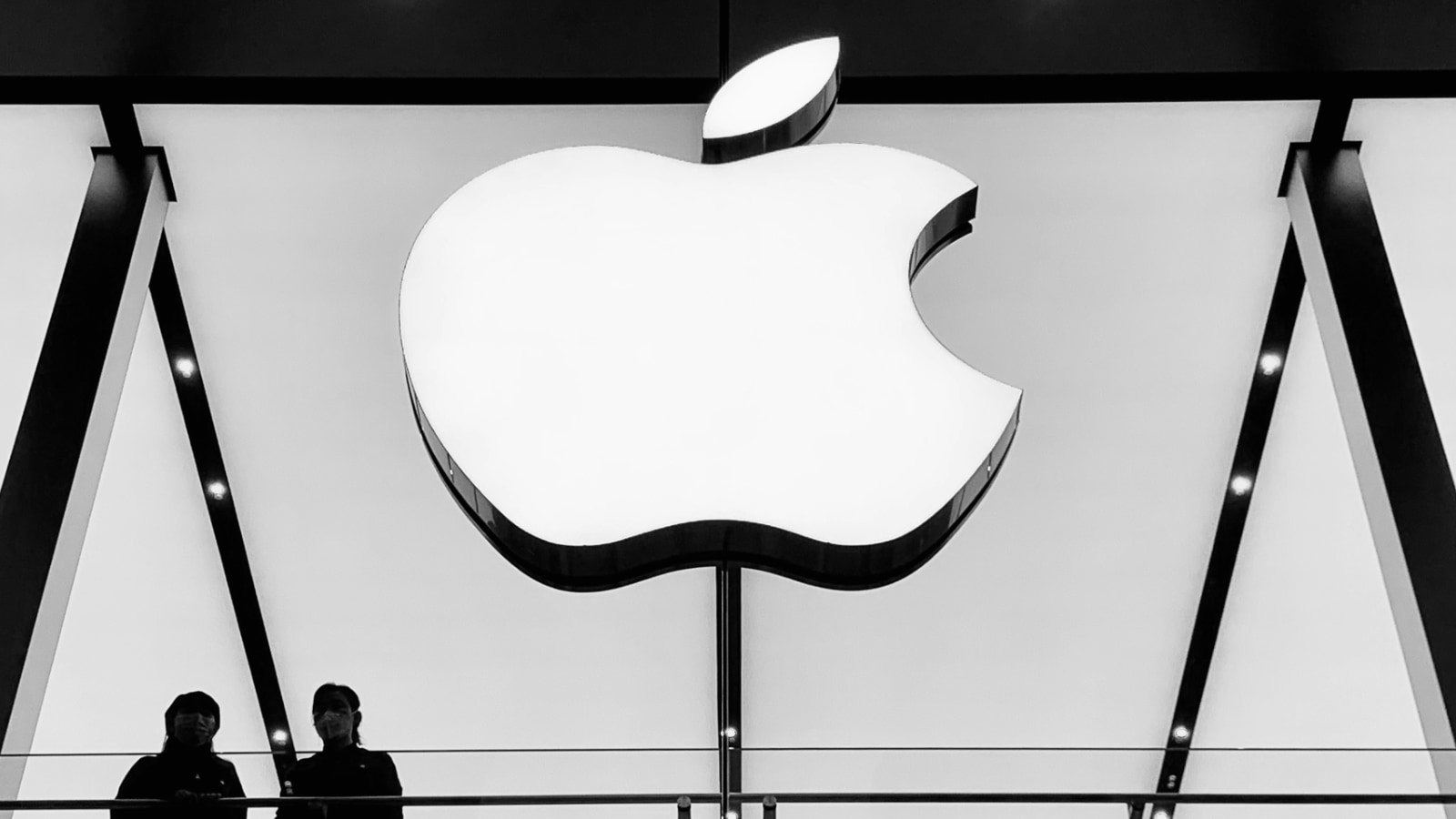
“PUBG Mobile” Banned in India Along With Another 117 Chinese Apps
- The Indian Ministry of Electronics and IT has banned 118 Chinese apps due to 'privacy and national risks.'
- Allegedly, these apps were logging data from the devices and sent information back to Chinese servers.
- The popular game "PUBG Mobile" is included in the new bundle, leaving hundreds of millions of players in the cold.
As expected and previously predicted, the Indian Ministry of Electronics and IT has returned with yet another big batch of banned apps in the country. Among the new 118 apps that are added on top of the 106 previously banned ones, we can find the extremely popular "PUBG Mobile" game, the "PUBG Mobile Lite," "WeChat Work," "Rules of Survival," "AFK Arena," "Mobile Legends," and "Alipay," and many more trendy choices.
For the full list of the banned apps, check out the relevant announcement on the following tweet.
Government blocks 118 mobile apps which are prejudicial to sovereignty and integrity of India, Defence of India, Security of State and Public Order: Govt of India
PUBG MOBILE Nordic Map: Livik, PUBG MOBILE LITE, WeChat Work & WeChat reading are among the banned mobile apps. pic.twitter.com/VWrg3WUnO8
— ANI (@ANI) September 2, 2020
As you can see in the above list, some apps had been previously banned but changed their name and tried to tap onto the Indian market again. In other cases, there are clones promoted by other developers, increasing the "risk factor" for users even more. However, the PUBG ban's impact is beyond comparison with anything else on this list, as we're talking about an app that maintains a userbase of hundreds of millions in India.
The official justification coming from the Ministry was that these 118 apps engaged in activities that are prejudicial to India's sovereignty and integrity, defense of India, the security of the state, and public order. Or to put it simply, some of these apps were allegedly caught transmitting data to China-based servers. The Indian government sees this as a dire national security risk, besides the fact that it's a threat to user privacy.
The two countries are still under great tensions, with military mobilization on the borders and an Indian soldier reported killed during a confrontation on the Himalayan line this weekend. These events may have accelerated the new ban list's announcement, but considering the state of the relations between India and China, it would come sooner or later anyway.
Whereas PUBG players may be moaning right now, Indian developers have every reason to be happy with these bans, as the market opens up for them, and the created gaps are translated into amazing opportunities.
In addition to the software, there is turbulence in the hardware level, too, as India is actively trying to "steal" electronics manufacturing behemoths that are currently based in China, offering them very lucrative tax cuts and financial incentives. As things line up right now, Xiaomi, Vivo, Oppo, and Realme, could soon face bans in India on grounds of national security issues.
